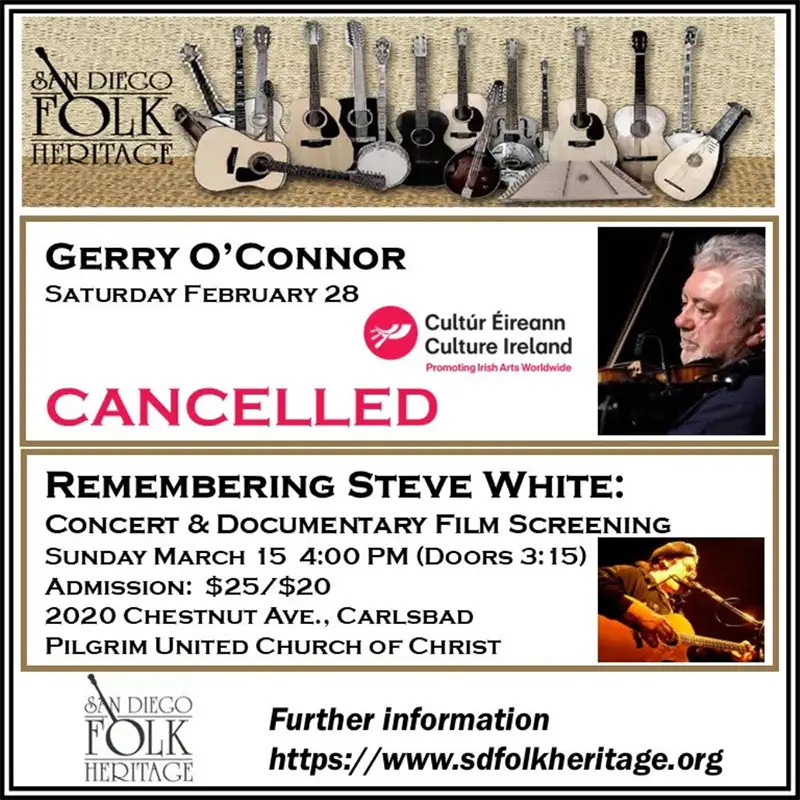Stages
Solvitur Ambulando
Solvitur ambulando is a Latin phrase meaning “it is solved by walking.” According to legend it was first uttered by the Greek philosopher Diogenes. After listening patiently to another philosopher’s ridiculous “proof” that motion was impossible, Diogenes simply got up and walked away, muttering “solvitur ambulando.” If ancient Greeks had mics, that’d be a mic drop.
Since then, solvitur ambulando has taken on a much wider meaning. Countless poets, essayists, and philosophers have cited the aphorism as proof of the benefit of a robust walk. But its usefulness extends even beyond that.
Human beings evolved on their feet. For hundreds of thousands of years we walked everywhere, all day, every day. Our bodies were designed to move. And yet, in this mechanized age, we sit for hours at a time, often all day, walking only to get another cup of coffee, or pee the last one out. And it’s killing us–obesity, diabetes, heart disease, and a host of other problems shorten our lives. After centuries of increasing life-expectancy, we are the first generation in a long, long time to die sooner than our ancestors. As health experts put it, sitting is the new smoking.
Beyond physical wellness, walking significantly improves our mental health. Depression, anxiety, and other maladies of the mind shrink beneath the grandeur of a wide open sky. There’s something about leaving the confines of your four walls and stepping out onto the path through your village. Whether on a nature trail, a suburban lane, or a downtown street, walking reintroduces you to the community of things–the world that gave birth to you and everything you know, everything you see, everything you feel, and everything you are. Coming out of isolation and sauntering far afield brings you home to yourself.
Walking through my neighborhood the other day I bumped into a neighbor I hadn’t seen in three years. We had a lot of catching up to do. Thirty minutes later I felt as though I’d read an entire novel rich with pathos, grief, recognition, and laughter–and I’ll wager she felt the same. We need each other. We build each other. We are each other. I felt deeply my own sorrows and joys in hers. The rain-wet sidewalk, the bare winter trees, and the leaden sky felt warm and safe. I was at home in my own skin, and in this beautiful, painful, hopeful world. By coming to know strangers, we are no longer strangers to ourselves.
And so we come to the deeper meaning of solvitur ambulando–that there is wordless healing in ambulation, that is, movement. We overestimate our intellectual capacity to solve all of our problems at the level of thought. Rational discourse, refined conceptual thinking, and intellectual discernment yield many fruits. But they have limits. When it comes to the really big problems–the meaning of life, death, love, and everything in between–we can’t think our way out of a wet paper bag. When words and thoughts fail us, take to your feet. Move. Feel the problem shift, soften, open, and dissolve all on its own. I don’t know why it works. It just does.
In an even broader sense, solvitur ambulando conveys the power of embodiment–that wisdom isn’t something you know, it’s something you are. Truth-claims made by others, no matter how compelling, shimmer and fade like ghosts until you test them in the laboratory of your own life. Only through action does the truth take form.
You don’t understand cooking until you cook. You don’t taste the challenges and joys of marriage until you walk down the aisle. You can’t criticize the creative product of another until you’ve dared to risk offering your own creation on the same stage. Only when we walk the walk to do we earn the right to talk.
Even our moral positions benefit from the deep-tissue empathy of embodiment. Until you have faced an unwanted pregnancy yourself, your position on the legality or morality of abortion falls short, no matter how learned or principled. Good people disagree on the rectitude of terminating pregnancies. But until you live it, your words carry the taint of sanctimony and grandstanding.
Out beyond the platitudes of the sermon or the pronouncements of the lecture hall there is a messy world of complicated interconnections, wordless realizations, and untraceable sensibilities. We ought to learn how to do better at leaving each other alone to the authority of our own embodied knowing. Life is hard. We make it harder by interfering with the natural pathway wisdom often travels–the inner road of our soul-wanderings.
As each of us walks through this world, we see what we see, feel what we feel, and come to know what we come to know–by walking. In the alchemy of time, substantive wisdom arises like steam from the cauldron of our suffering. Life is going to hurt. There is no short cut. You have to walk right through the fire.
Get a dog. The rescue shelters are full of them. Bring one home. Walk her every day, rain or shine, whether you feel like it or not. Let a dog reconnect you to your neighborhood, your neighbors, the natural world, and your own latent joy. There are clouds to trace, fields to cross, and trees to interlace with your meandering. There are shores along the lake or sea that never show themselves the same way twice.
In high school I sometimes struggled to pay attention to my teachers. My mind often wandered. (How ironic that I would one day become a teacher myself, my work as a lecturer deeply informed by the lived experience of how boring school can be). One night, while trying to do my homework, I chanced upon a poem by Walt Whitman called “When I Heard the Learn’d Astronomer.” I felt as though I’d been hit by lightning.
When I heard the learn’d astronomer
When the proofs, the figures, were ranged in columns before me,
When I was shown the charts and diagrams, to add, divide, and measure them,
When I sitting heard the astronomer where he lectured with much applause in the lecture-room,
How soon unaccountable I became tired and sick,
Till rising and gliding out I wander’d off by myself,
In the mystical moist night-air, and from time to time,
Look’d up in perfect silence at the stars.
I closed my book, turned off the light, and went for a walk through the silent darkness of my sleepy suburban neighborhood. I never did finish that homework assignment. Whatever problem I was working on remain unsolved, by me anyway. But I have a feeling it solved itself.
Ultimately, you cannot receive truth second hand. What another proclaims, I must experience myself. So it is that the best advice often falls on deaf ears. Until you have the ears to hear, the most beautiful words are nothing more than clanging cymbals.
Peter Bolland is a writer, speaker, spiritual teacher, singer-songwriter, and philosophy professor. Find him on Twitter, Facebook, or at www.peterbolland.com








